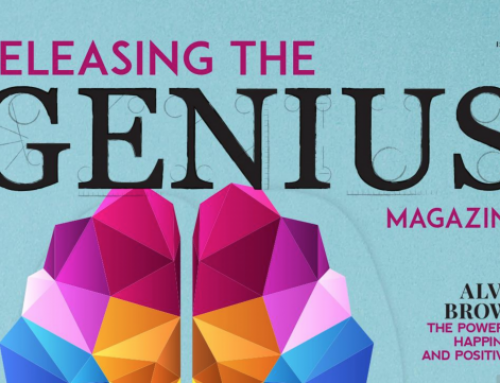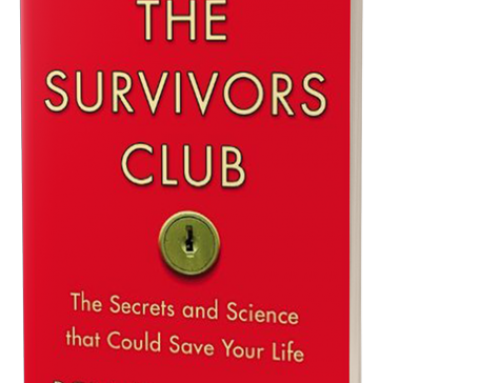This is part 18 in the series: RESILIENCE
3 Factors That Improve Your Odds of Surviving A Disaster
(Part 1 – Control)
How do you improve your odds of surviving a disaster?
Here are 3 common psychological factors of people who have been survivors.
1) The belief that you can influence life’s events.
2) The tendency to find meaningful purpose in life’s turmoil.
3) The conviction that you can learn from both positive and negative experiences.
These line up exactly with the work of two researchers named Salvatore Maddi and Suzanne Kobasa.
Kobasa and Maddi suggest that three basic beliefs – control, commitment, and challenge – make a person hardy, or by their absence, fragile.
The first belief, control is the belief that I can control the outcome of events in my life. Although it may be a false belief, it’s an adaptive belief.
Here’s how it works: If we put a person in front of an insolvable math problem and say, “Give it a go.” The person who believes they can control the outcome of the events in their life will work at it, and keep working at it, and will continue to work at it longer than the person who believes it’s unsolvable.
So who then, is more right? Is it the person who believes it’s unsolvable or person who believes in internal control?
The person who believes it’s unsolvable is probably more right, however, the person who doesn’t believe it’s unsolvable will stay at it longer.
Let’s say we’re going to do a finger tapping exercise where I say, “I’m not going to tell you what the pattern is, but I want you to tap your finger. When you tap your finger in the right speed, in the right sequence, the light will come on.” So I’ll have people tapping and the light will come on. They go, “Oh. I’ve got it. I’ve got it.” And they keep going. Some people will react to it and say, “This test is stupid.” and they’ll quit. Other people will persist.
Well guess what? The light comes on randomly. The longer people persist, even though it’s a mistaken notion that they control the outcome of the event, the longer they will stay with it. Those are the people who tend to be more resilient. Now you’re saying to yourself, “That’s stupid. Why would it matter?” I’ll tell you why in Part 2.






